Why the Harry Potter generation turned on JK Rowling over transgender row
More than 20 years after the publishing sensation, a generation raised on Harry Potter is trying to erase his creator
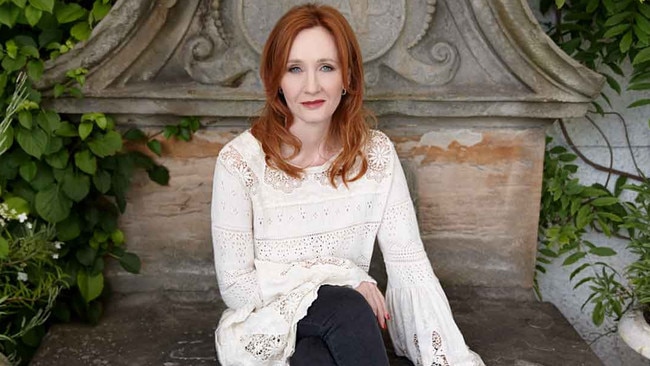
In 2013, JK Rowling and Daniel Radcliffe sat down for a televised chat.
The author, who had created the character for which Radcliffe will always be known, was maternal. Radcliffe was enthusiastically deferential.
Rowling recalled seeing his audition tape for the first Harry Potter film, when he would have been very young. “It was like watching my son on screen,” she said. “I found it incredibly moving.”
She “fell absolutely in love” with Emma Watson too, when they spoke after the actress had been cast as Hermione Granger.
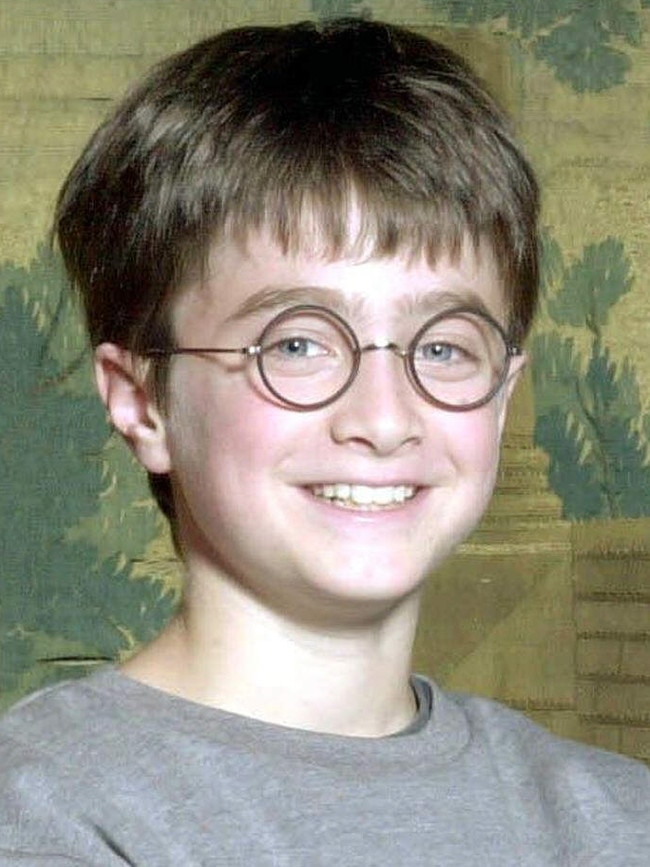
It’s impossible to picture Radcliffe and Rowling having so cosy a conversation now; hard still to imagine them in the same room. For almost 20 years, Rowling was an icon to young millennials such as Radcliffe — CS Lewis, the Beatles and Mother Teresa rolled into one. Harry Potter supernerds like me dreamt of meeting Rowling, receiving one of her letters, or even just seeing her in a bookshop.
Now Rowling is loathed. She is seen as a danger to transgender people. She says she has received so many death threats she could “paper the house” with them — a house whose location was revealed online last month by trans rights activists. The situation has become so acute that simply following Rowling on Twitter feels like a political statement.
What makes this all the more uncomfortable is that, while Radcliffe and Watson have distanced themselves from Rowling, they have yet to distance themselves from the wizarding world she invented as a broke single mother surviving, sometimes, on a biscuit a night.
In our Muggle world, a trailer has just dropped for a one-off HBO special that will air on New Year’s Day to mark the 20th anniversary of the first film.
“I wouldn’t be the person I am without so many people here,” Radcliffe says.
Rupert Grint, who played Ron Weasley calls it “the perfect time to sit down with everyone and reminisce”.
But there’s a glaring omission: Rowling herself. The church is full but the creator is absent.
It started with a tweet in 2018. Actually, not a tweet: the liking of a tweet. Rowling, a longstanding Labour supporter (but an opponent of then leader Jeremy Corbyn), liked a post on Twitter complaining about the lack of respect shown to women in the British party.
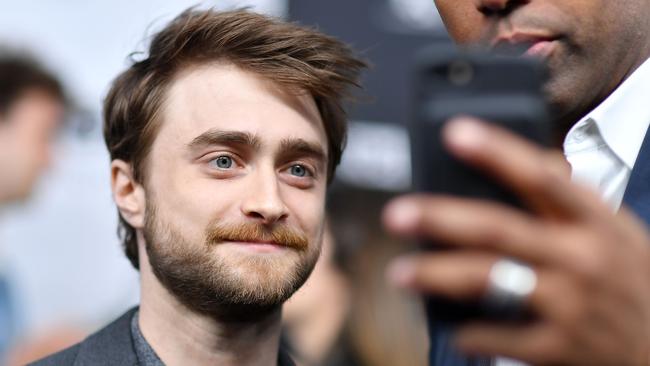
“Men in dresses” got more solidarity than women, the tweeter claimed — and Rowling clicked “like”. A minor online uproar ensued and her spokesman quickly clarified that it had been a mistake: Rowling had merely had “a clumsy and middle-aged moment”.
Whoops! But from then on, Rowling swung more often into debates about gender and sex. In December 2019, she expressed her support for Maya Forstater, a tax specialist who was sacked after saying, among other things, that trans women are “not women”.
In June last year, Rowling then retweeted an opinion piece that referred to “people who menstruate”. “I’m sure there used to be a word for those people,” she wrote. “Wumben? Wimpund? Woomud?”
Her tweet was seen by many fans as glib, childish and provocative, and the internet blew up. Later that month, she wrote a long essay that set out where she stands on what she archly called the “Terf wars”. (A Terf is a “trans-exclusionary radical feminist” — a woman who does not believe that someone who is born a man can fully become a woman when they transition. Mostly, the term is used as an insult against people such as Rowling.)
The essay drew a line in the sand. Some Potter fans were moved by its honesty: Rowling wrote about being sexually assaulted, and implied the experience had made her fiercely protective of the sanctity of women’s spaces.
Others, especially the young, were aghast. Rowling was using her platform and influence to spread paranoid ideas about trans people, rather than highlighting their vulnerability to mental ill health and suicide, to bigotry, to murder.
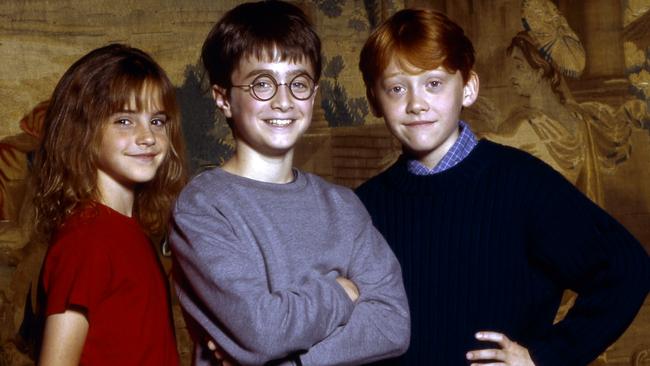
Potter fans began describing Rowling in extreme terms borrowed from her own canon: she was Lord Voldemort; she was a Death Eater. Millennials and Gen-Zers, normally pilloried for advocating “self-care” and “kindness”, turned nasty. One requested: “Pls kill her for my 18th birthday.”
Rather than defending her, Radcliffe and other Harry Potter actors soon made clear their distaste for Rowling’s views. “I want my trans followers to know that I and so many other people around the world see you, respect you and love you for who you are,” Watson said.
Among the fans still working through their disappointment in Rowling is Juno Birch, a 27-year-old trans sculptor from Manchester.
“Imagine the amount of trans women who have suffered abuse in changing rooms because of what she’s said,” Birch says.
“All I want is just for her to leave us alone. We trans women want to live a normal life. The fact somebody so powerful and rich is trying to affect our daily life is sad.”
A comment by Rowling about trans women, Birch claims, “sends hundreds of people towards me and other trans women in the public eye who receive this amount of hate”.
On the flipside, Rowling’s supporters argue that her perceived “transphobia” is nothing of the sort. In the essay that caused such a stir last year, she raised concerns about the sharp increase in girls wishing to transition, suggesting she too might have been attracted by the “allure of escaping womanhood” had she been born 30 years later.
She wrote that “trans activism” was pushing for the removal of “almost all the robust systems through which candidates for sex-reassignment were once required to pass”.
She said describing women as “menstruators” and “people with vulvas” may strike trans activists as kind, but for many women the terms were “hostile and alienating”.
Her critics argue that by presenting these fears with such intellectual polish, she is legitimising positions that have no underlying validity; no basis in facts or statistics.
Nevertheless, the hysteria is mounting. On Reddit last week, a trans woman asked if anyone else had become “triggered by female British accents”. A decade of “hearing British women espousing transphobia” made her freeze and “prepare to be assaulted” whenever she heard such a voice.
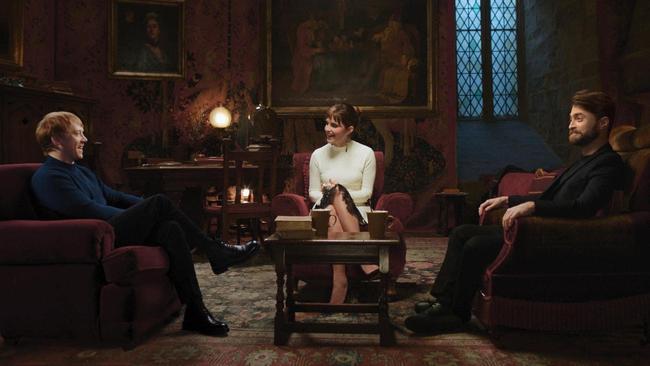
Potter fans who see Rowling as a font of hatred believe they face a difficult decision: whether or not to walk away from the world she made. Many are trying to have it both ways: holding fast to the stories, but erasing the “woomud” who wrote them.
There is a Freudian edge to the vigour with which Potter fans are rejecting Rowling, once a mother figure to millions.
For Jackson Bird, a trans man from Texas, her books resonated because once Harry escaped the suburban Muggle hell he lived in, he was “welcomed and celebrated for being exactly who he’s always been”. But gradually he realised that the series’ inclusive message — and Rowling’s insistence to fans at the premiere of the last film that “Hogwarts would always be there to welcome you home” — rang hollow.
“JK Rowling’s posts have continually showed that she is unwilling to offer that understanding and compassion to the trans community ... that she preached so effectively in her books.”
For others, Rowling’s support of women’s rights has been a lifeline. Maya Forstater, the tax specialist backed by Rowling in 2019, said she was “grateful JK Rowling has stood up and kept standing up”. Forstater’s children are in their twenties; she read them Harry Potter when they were young.
“I think it’s shocking that she’s been written out of her own creation,” Forstater says. “It’s her creation, not the actors’. It would not have existed without her.”
I ask Forstater about the view that the books are about tolerance and love; that they celebrate difference, so Rowling’s wish to exclude trans women from some women’s spaces seems odd.
“I see it the other way,” Forstater says. “I think the books are a story about an authoritarian capture of institutions and about the fightback of the truth.”
For Kathleen Stock, who quit her post as a philosophy professor at Sussex University after being accused of transphobia, Rowling’s support has meant the world.
“It’s just really comforting to know that someone like her has your back,” she says.
Rowling has “moved the needle” on the subject of women’s rights, she adds.
“Most of the world can only interpret what she’s said as transphobic, but she’s willing to be misunderstood as she accepts it as a by-product of what she wants to do — which is stand up for women, girls and lesbians.”
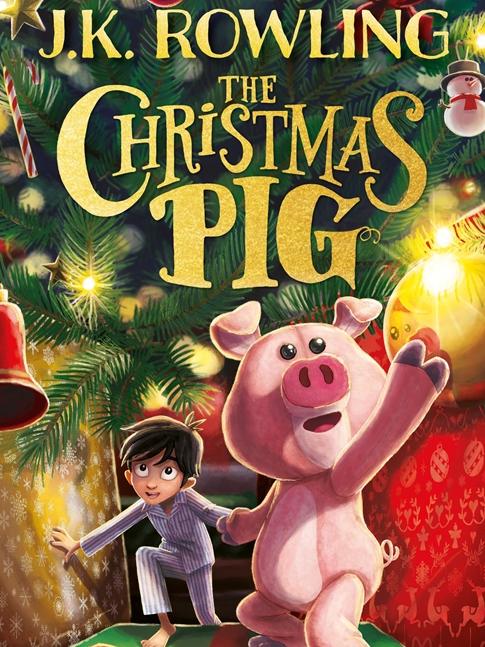
For what it’s worth, there’s little evidence that any attempted cancellation of Rowling has dented her appeal. In June, the publisher Bloomsbury said sales of the Harry Potter books had risen by 7 per cent during the past year. And Rowling’s latest children’s book, The Christmas Pig, shot to the top of the bestseller list.
I won’t be unfollowing Rowling on Twitter. Like many millennials, I’m bemused by her fixation on trans rights, given the tiny size of the community and the hell that trans people often go through.
Being able to self-identify your gender is the norm in many countries and there’s little evidence to show natal women have been endangered. But Rowling’s views are informed by traumatic experiences.
Moreover, she is entitled to speak up about subjects that matter to her, whatever the size of her following, without being deluged with rape and letter-bomb threats.
A fact lost in this row is the amount that Rowling has contributed — mainly by writing brilliant books, but also by paying taxes, making big charitable donations and showing care to her fans.
Still, for many, Rowling’s pronouncements on women’s rights amount to an existential threat. She’s a billionaire with 14 million Twitter followers and should know better, they’ll remind you. Jackson Bird and his tribe are certainly done with their old god.
“JK Rowling’s left the story, as many of us fans see it,” he says. “Hogwarts — the love and magic of the stories — is still there to welcome anyone home who wants it, but it’s in our hands now.”
The Times
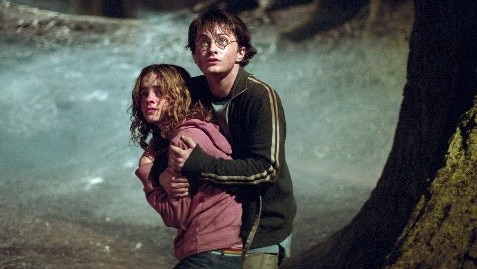



To join the conversation, please log in. Don't have an account? Register
Join the conversation, you are commenting as Logout